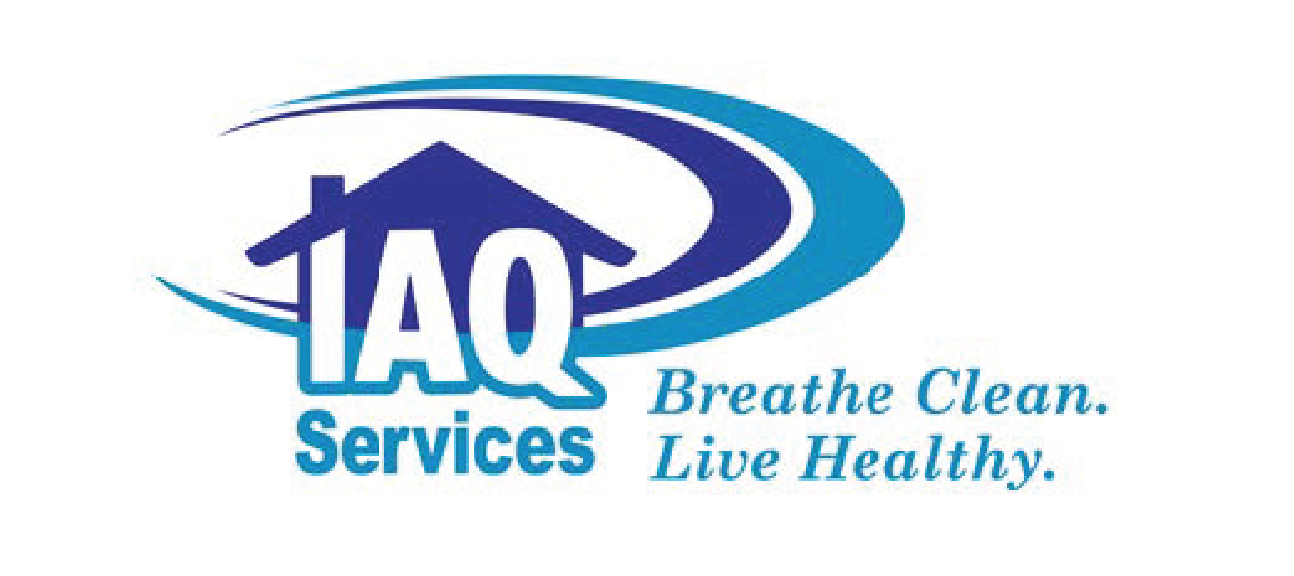The Many Benefits of Improved Indoor Air Quality in New Orleans
Indoor Air Quality often called IAQ, is a significant aspect of our daily living environment, yet its importance is often overlooked until problems arise.
Ensuring the cleanest possible IAQ plays a large role in our health and comfort since most people spend a large portion of their time indoors—whether at home or work.
Here’s how maintaining high indoor air quality can improve your health and well-being:
The Impact of Indoor Air Quality on Health
The link between indoor air quality and health is well-documented and significant. Poor IAQ can lead to a wide range of health issues, from immediate effects like allergies and respiratory irritation to long-term consequences such as chronic respiratory diseases and cardiovascular problems.
In New Orleans, the unique geographical and climatic factors present specific challenges for maintaining indoor air quality, which can significantly impact health. These challenges stem from the city's high humidity, frequent storms, and geographical location near water bodies that can affect indoor and outdoor air quality.
Exposure to pollutants like mold, dust, pet dander, and chemical vapors from household cleaning agents can cause immediate symptoms such as headaches, dizziness, fatigue, and irritation of the eyes, nose, and throat.
These symptoms can affect anyone but are most concerning for individuals with pre-existing conditions like asthma or allergies or any form of compromised immune system.
Chronic exposure to particulate matter and high mold levels can lead to chronic respiratory problems and other diseases.
Residents should also ensure they are managing indoor humidity levels and ensure that ventilation systems are properly maintained and functioning effectively to mitigate mold growth.
The EPA provides comprehensive information on how indoor air quality affects health, detailing various indoor air pollutants and their health implications.
IAQ and Comfort
Comfort in indoor environments is significantly influenced by the quality of the air, which involves several factors such as temperature, humidity, air freshness, and the absence of pollutants.
Ideal indoor humidity levels should be between 30% and 50%. High humidity can make the air feel sticky and suffocating, while low humidity can cause dryness affecting the skin, eyes, and respiratory passages.
Maintaining this balance is crucial, especially in regions like New Orleans where humidity can rise significantly.
The right temperature and adequate air movement are also vital for comfort. Stagnant air can increase the perception of stuffiness and contribute to the accumulation of pollutants.
Common indoor pollutants include volatile organic compounds (VOCs) from paints and furnishings, dust mites, pet dander, and mold spores.
Reducing these pollutants through proper ventilation and regular cleaning can significantly enhance comfort by minimizing odors and irritant levels.
The World Health Organization (WHO) provides extensive guidance on reducing pollutants indoors to maintain a comfortable living environment.
IAQ’s Impact on HVAC Efficiency and Building Health
Poor IAQ can lead to structural degradation and increased energy costs, while good IAQ practices can extend the lifespan of a building and enhance its energy efficiency!
Excessive indoor moisture can lead to mold and mildew, which can degrade building materials like wood and drywall. This can undermine the structural integrity of the building and lead to costly repairs and replacements. Controlling indoor humidity is crucial, especially in areas prone to high humidity like New Orleans.
VOCs and other chemicals can accumulate in poorly ventilated spaces, causing corrosion and deterioration of building materials. This is particularly problematic in newer buildings that are "tighter" and potentially have less natural ventilation.
Good IAQ is closely tied to the efficiency of HVAC systems. When air filters and HVAC ventilation components are regularly cleaned and maintained, the system requires less energy. Conversely, a system that works harder to circulate and heat/cool polluted air consumes more energy, leading to higher utility bills.
Take Proactive Measures to Ensure High Indoor Air Quality
In places like New Orleans, factors such as high outdoor humidity, frequent storms, and unique regional characteristics, such as its below-sea-level elevation, create specific challenges for maintaining IAQ. For instance, moisture control becomes a critical issue, necessitating proper ventilation and dehumidification strategies to prevent mold growth and ensure a healthy indoor air environment.
To maintain good IAQ, regular maintenance and cleaning of HVAC systems including ductwork, plenums, boxes, trunk systems, etc., attention to potential sources of indoor pollution (like cooking fumes, cleaning agents, and any chemicals used indoors), and monitoring humidity levels are all vital steps. Each of these elements helps create a healthier, more enjoyable, and more productive indoor space.
If you need an inspection or would like your ducts cleaned in the New Orleans area, IAQ Services Inc. has a team of professionals ready to help.
Breathe Clean. Live Healthy.
